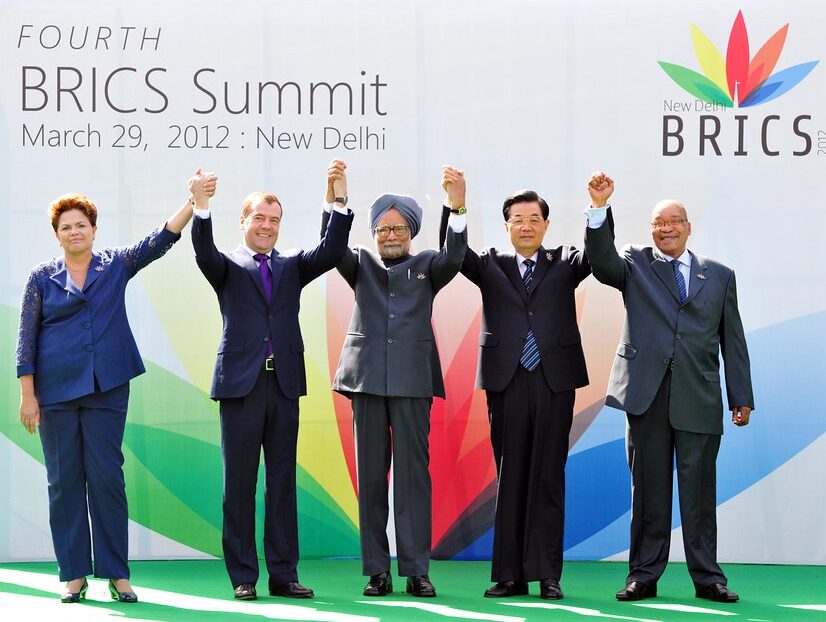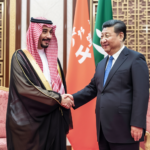The Rise of the BRICS Reserve Currency and its Impact on US Investors
Background: BRICS Nations Plan for a New International Reserve Currency
According to a recent article on Fintechs.fi, the BRICS nations (Brazil, Russia, India, China, and South Africa) are planning to create a new international reserve currency. This move is aimed at reducing their dependency on the US dollar and stabilizing their economies in the face of fluctuating exchange rates and global economic uncertainties. The proposed reserve currency would be backed by a basket of the BRICS countries’ currencies and possibly gold, providing an alternative to the current US dollar-dominated international financial system.
Implications for the Global Economy and the US Dollar as the Reserve Currency
Creating a new international reserve currency has the potential to shift the balance of power in the global economy. This could lead to a reduction in the demand for the US dollar and a subsequent depreciation of its value. The knock-on effects include:
Increased Market Volatility
A weaker US dollar could result in increased market volatility, with investors reallocating their assets to seek safe havens or higher yields, such as gold or commodities like Oil and Gas. This may trigger a domino effect, with central banks and other investors adjusting their portfolios in response to the changes.
Inflationary Pressure on the US Economy
A depreciation of the US dollar might lead to higher import costs, fueling inflationary pressures. This could force the Federal Reserve to raise interest rates, affecting domestic growth and potentially causing a slowdown in the economy.
Geopolitical Tensions
The establishment of a new global reserve currency could exacerbate geopolitical tensions, as the US and other Western nations might perceive it as a challenge to their economic dominance. This could lead to heightened trade disputes and further instability in the global economy.
Opportunities for Domestic Accredited Investors in the United States
While the potential creation of a new international reserve currency presents challenges, it also offers investment opportunities for domestic accredited investors in the United States. Some suggestions include:
Diversify into BRICS Assets
As the BRICS nations’ currencies gain prominence, investors can consider diversifying their portfolios by investing in assets from these countries. This may include stocks, bonds, or real estate, offering exposure to the growth potential of these emerging markets.
Invest in Gold and Precious Metals
Given the possibility that the new reserve currency may be backed by gold, investing in gold and other precious metals may provide a hedge against potential currency fluctuations and a store of value during times of economic uncertainty.
Explore Opportunities in Fintech and Blockchain
The creation of a new global reserve currency may pave the way for the adoption of digital currencies and blockchain technology. Investors can capitalize on this development by investing in fintech companies and projects focused on digital currency, payment systems, and decentralized finance.
In conclusion, the rise of the BRICS reserve currency presents both challenges and opportunities for domestic accredited investors in the United States. By understanding the potential impacts and adjusting their investment strategies accordingly, investors can navigate the shifting global economic landscape and capitalize on emerging opportunities. Reach out today to discuss options to preserve your capital and grow your portfolio in a transitioning market. You can fill out our contact us form or call us at (972) 433-6001





